5 Video Games Where Predators Target Kids
How chats, comms, and video sharing expose kids to predators.
FEB 08, 2023
5 Video Games Where Predators Target Kids
How chats, comms, and video sharing expose kids to predators.
Warning: Reader Discretion Advised
The following content may contain stories and references to predation and child abuse. Some readers may find this content triggering.
We believe that parents are best-equipped to protect their children when they are aware of the potential risks children may face in online spaces.
According to the FBI, as many as 500,000 predators are active online every day targeting kids ages 12 to 15. Their intentions include procuring sexual images from children and sometimes making physical contact with their victims. [1]
Video gaming platforms offer predators an opportune place to lure children. Kids may have their guard down when playing games, while predators make overtures of “friendship,” sometimes pretending to be someone they are not.
“Where kids play, predators prey.”
—- Donna Rice Hughes, Internet safety expert [26]
Any game where children can communicate with strangers presents risks. Predators can contact children in chat rooms (sometimes called lobbies) through written, verbal, or video means before or during a game.
Tragic, heartbreaking circumstances have been reported widely, from an 8-year-old on Roblox pressured for sexual images, to children being sexually abused after being convinced to run away with a predator met while gaming, to children being sextorted through gaming consoles.
Parents can make video games safer by limiting screen time, avoiding games with the potential for interactions with strangers, implementing parental controls to eliminate contact with others, monitoring their children’s online activities, and talking often with children about the dangers of interacting with strangers on or offline.
Below is a quick glance at each game’s features.
5 Video Games that Predators Use to Talk to Kids
These are five popular video games that predators frequent, whether played by phone or console. This list is not comprehensive and does not include every game that could be dangerous to kids. Caregivers should take caution with any game that allows for communication with strangers.

Roblox
Roblox is a multiplayer gaming platform that offers all types of experiences for electronic avatars, but it’s no stranger to controversy and accusations of being unsafe. Last year, children were the primary players with adults representing only 14% of users on Roblox. Alarmingly, more than half of users are under 9 years old. [2]
Roblox allows for open chat communication with other players, whether your child has accepted a friend request from them or not. It is very concerning that Roblox provides private rooms that are also used by predators to isolate kids in order to groom them.
How to set parental controls on Roblox
Parents can customize parental controls on Roblox appropriate to their child’s age and disable Roblox chat features.

Source: Screenshot [29]
Among Us
The popular murder mystery app Among Us doesn’t allow private chatting within the app, but there is a public chat feature for all players of the game. There is a risk of kids being lured onto a different platform to chat with predators privately.
Gabb researchers joined public chats in Among Us and found many aspects of the game that may be considered unsafe for kids.
How to set parental controls on Among Us
Parental controls for Among Us vary based on what console you are playing on — a handheld app, Xbox, PlayStation, etc. Public games pose the most risk as the chat feature used in the game for players to discuss who they think is the murderer is also used by predators for grooming and sexual solicitations.
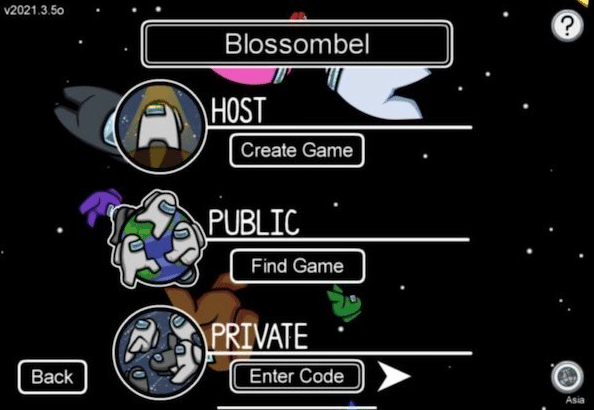
Source: Screenshot [29]
On all platforms, there is a private mode to play only with people you know. Encourage kids to only engage with trusted friends by either hosting their own game or having a friend host (the host will provide a private code to join).
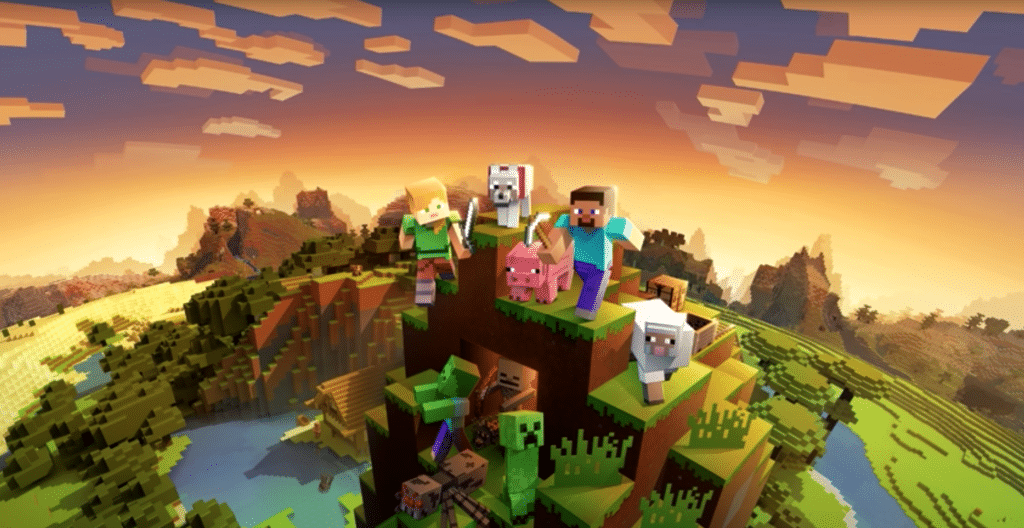
Minecraft
Minecraft is a creative “Lego” type building game where players try to survive while hunting and foraging for resources. The average Minecraft user is a 24-year-old male, while kids make up 20% of the game’s demographic. [3]
There are different ways to play – you can create a solo world or join a public world where groups of strangers or friends play together.
Minecraft Game Options
Solo- A single-player world a child can create
- A user can play multiplayer safely by creating a free private server and sharing that server’s address with trusted friends
- A player can participate online with strangers randomly assigned to the same public world
Public multiplayer settings can leave children vulnerable to predators’ advances. It allows young players access to the virtual, worldwide chat function. Frighteningly, there is also a private chat feature available for one-on-one conversations over chat or voice calls.
How to set parental controls on Minecraft
Beyond playing only private games, Minecraft parental controls can be set up on all consoles. These controls allow guardians to disable the Chat and Multiplayer features for child accounts.
Fortnite

Source: Screenshot [31]
This multiplayer battle royale game reports that more than half of players are 18 – 24 years old; however, it’s possible that this age range isn’t accurate. Younger players will often lie about their age in order to gain access to play [4] since the terms and conditions require gamers to be 13+. [5]
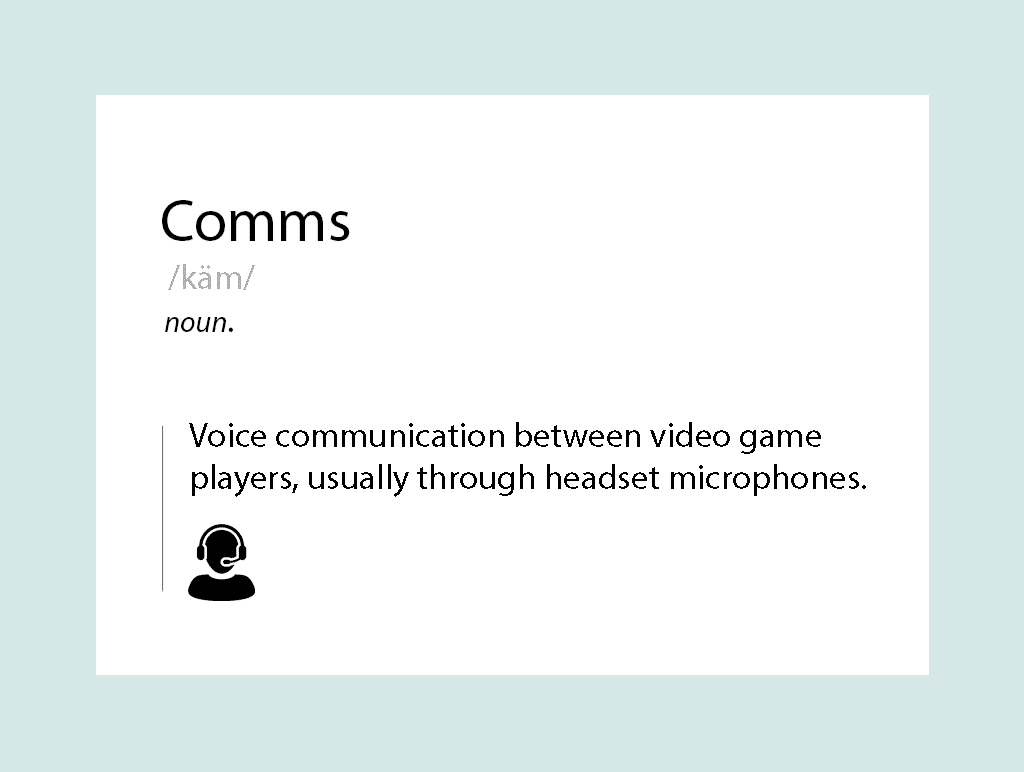
Fortnite utilizes “comms” rather than chat features so that players can communicate vocally rather than typing out lengthy messages. Players wear headsets to talk and plan with teammates to win the game.
With vocal communication, some predators will use voice-masking technology to earn the trust of other younger players. [6] However, it’s generally no surprise to hear a child playing a round with adults; it has become so commonplace within the game that predators likely don’t need to mask their voices to build trust anymore.
How to set up Fortnite parental controls
Playstation parental controls, Xbox parental controls, and Microsoft PC parental controls are available for Fortnite.

Call of Duty
Call of Duty is a first-person shooter game with solo or multiplayer options. It also utilizes comms for efficiency.
With games like this, kids are already subjected to a high-stress environment where they have to rely on teammates to win the game. This is an easy way for predators to build up trust as they chase after a common goal.
Despite the violence that is heavily featured in Call of Duty, this game attracts kids as well as adults. In fact, the average Call of Duty player is around 27 years old.[7] As with Fortnite, kids frequently play it alongside adults, so hearing a mature voice over the headset is common for them.
How to set up Call of Duty parental controls
Playstation 5 parental controls, Xbox parental controls, and Microsoft PC parental controls are available for all games played on the consoles, including Call of Duty.
Risky Online Gaming Features: Lobbies
Some gaming platforms have features that create risks for young players. Team shooter games like Fortnite and Call of Duty use “lobbies” to host players before a game starts. Lobbies are virtual waiting rooms where players congregate and chat before a game starts. By default, these lobbies are open to anyone unless game settings have been manually changed.
Lobbies can be on the continuum of quiet or loud, vulgar or appropriate, nice or aggressive. Even in public lobbies, private conversations are possible by muting the rest of the lobby to isolate the voices of two or more participants. This feature allows what is essentially a private connection between kids and strangers.
During stressful gameplay, predators may not be able to find a way to carefully earn trust and obtain personal information. However, in the lobby, predators can make overtures over time; a predator can stay in a lobby for as long as they want, waiting to ensnare a victim.
It’s possible to make private lobbies open by invitation only, but cumbersome to do so. In the case of Call of Duty, this could be quite a challenge, considering that at least 24 people [8] are required to make a private lobby. Fortnite requires players to go through a complicated verification process before hosting a private lobby [9], and so it’s oftentimes more convenient to just play with strangers.
It’s here in the lobby that players can exchange personal information, an alarmingly common practice in the gaming community. [10] A recent study showed that 14% of kids will share personal information online, even if they are not comfortable doing so. [11]

Online Grooming Through Video Games
Grooming is the meticulous process that sexual predators use to intimidate, control, and silence their victims. A child can be groomed and preyed upon in a matter of hours, in the space between lunch and dinnertime. [12]
Predators skillfully manipulate a child into feeling sympathetic and friendly toward them rather than on the alert. Once a predator has secured trust, they can send the child inappropriate content, and convince them to reciprocate.
Using the content they received, predators can blackmail the child for money (called sextortion), request the child’s personal information (including their home address), and entice them to meet in real life with the intent to harm them.
One in five children between 10 and 17 years of age report receiving an unwanted sexual solicitation online. [13]
Keep an eye out for concerning behavior from your children, such as isolation, constant internet use involving games and platforms where they can communicate with strangers, and/or fear of internet use. If you suspect your child is being groomed, contact local authorities immediately.
Predators move the conversation outside of the game
Typically when a child is targeted by a predator on a video game, the child isn’t harmed or tracked down on the platform where first contact occurred. They often move conversations to more convenient and less secure platforms, such as Discord, Whatsapp, or the child’s cell phone.
Discord
The most common communication software that gamers use is Discord. In fact, its primary use is for correspondence while gaming. Kids in the gaming community are vulnerable because predators use the common interest on Discord to establish trust. [14]
All Discord users are public users, meaning that users have access to everyone’s profile. A child could easily “friend” anyone on Discord and start talking with them. There is no way to verify who one is talking to on Discord because users are kept completely anonymous; a 12-year-old could unknowingly be chatting with a 32-year-old.
The platform operates using servers, which are similar to community forums, where everyone that’s been invited onto a server can post, participate in discussions, and communicate together. Unlike other forum-type platforms like Reddit, Discord allows for public video chats within their servers.
Predators have nothing to lose by casting a wide net—their attempts will eventually result in a malicious and devastating connection with a child.
Servers on Discord can only be accessed via invitation, meaning that a child cannot access a dangerous server without being sent a link to it. Predators will often contact kids via private messaging and then share links to servers that contain sexual content, luring unsuspecting kids into conversations revolving around sexuality from the first contact.
Catfishing
Predators skillfully manipulate the child into feeling sympathetic and friendly toward them rather than on the alert. Sometimes, they may catfish a victim.
Catfishing is a tool predators use to gain the confidence of their victims. A child may be more trusting of a fellow adolescent gamer who has similar interests than an adult.
That trust is the foundation for the grooming process to manipulate the child into making more compromising choices, such as sending nude content, engaging in online or in-person sexual activity, or as a form of blackmail called sextortion.
Seeing people as computers: the deindividuation process
The “deindividuation process” causes kids and adults to stop seeing their peers online as people and more like computers. When someone is wearing a mask of anonymity, they’re far more likely to be aggressive, which is why you sometimes you may hear your kid screaming at their video game console. [15]
The gaming culture can be aggressive and angry, which desensitizes kids and leaves them more vulnerable to threats and demands. [16] Predators may feel more at ease making an aggressive demand on a victim while playing Call of Duty than over social media, for example.

Tech Companies Slow to Act
The video game industry has numerous predators, and many tech companies have been slow to provide robust protection for minors. While none have been directly prosecuted for the illegal activity happening on their platforms, some gaming companies are in litigation while yet others have only been fined. [17]
For example, Epic Games, the parent company of Fortnite, was sued in December 2022. While they haven’t yet been prosecuted, they’ve paid almost $300 million in fines for violating the privacy of their young players. [18] Although this fine may seem significant at first glance, it only amounts to about 5% of their projected $6.5 billion dollars of revenue just for 2023. [19] A slap on the wrist is unlikely to motivate meaningful protections for children.
How to Make Video Gaming Safe
Research has found kids can benefit from video games. Beyond being a unique form of play and social interaction, succeeding in a difficult video game can help kids develop self-confidence. [20]
Age-appropriate games can be a great way for kids to safely work through negative emotions in situations within kids’ control.
Here are some suggestions for safe ways to play.
Parental oversight
With proper precautions, caregivers can reduce the risks of predators interacting with their children on video games.
Source: [21], [22], [23], [24], [25]

Keep on Talking
Ideally, a child would never be contacted by strangers online. However, children have access to the internet in a variety of ways at home and when away. Grooming can happen to any child in as little as 18 minutes. [26]
Grooming can happen to any child in as little as 18 minutes.
– Dr. Rowenna Baldwin, Senior Research Assistant at Manchester Metropolitan University [26]
Parents can work to build an open line of communication with their child and offer a shame-free place for kids to go when they make a mistake or are being manipulated online.
Conversations about online dangers can be frequent, ongoing, and grow as the child matures.
Children can learn to be on alert online. Sharing basic information like the school they attend, names of friends, or the name of the street where they live may seem harmless to kids, but even that information can be dangerous in the hands of predators.
When young people understand the importance of digital citizenship, they will be empowered to protect themselves by turning off chat, blocking messages, reporting suspicious activity online, and recognizing the signs of grooming.
Subscribe to Gabb Family Resources for more tips on how to keep your kids safe online.











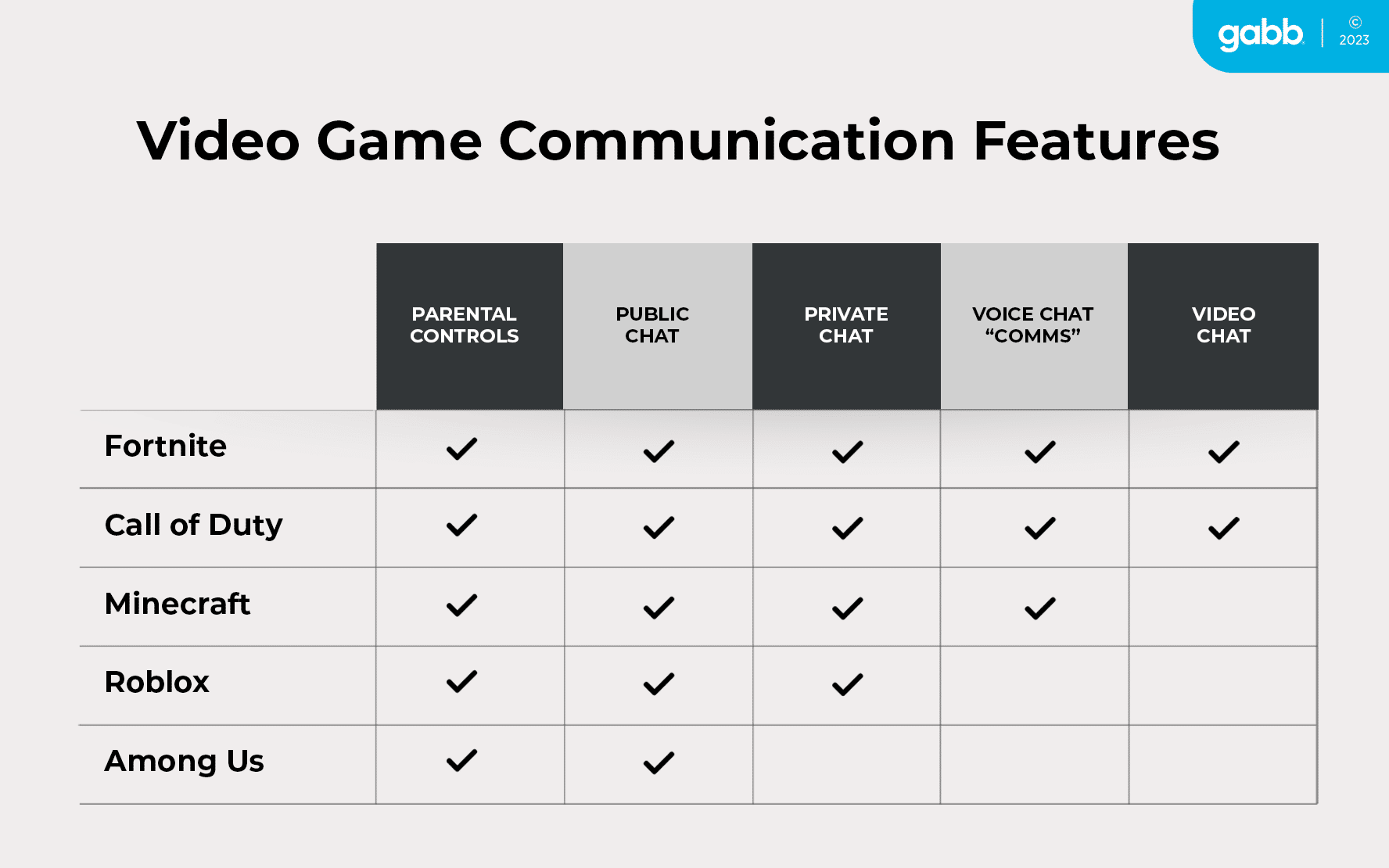
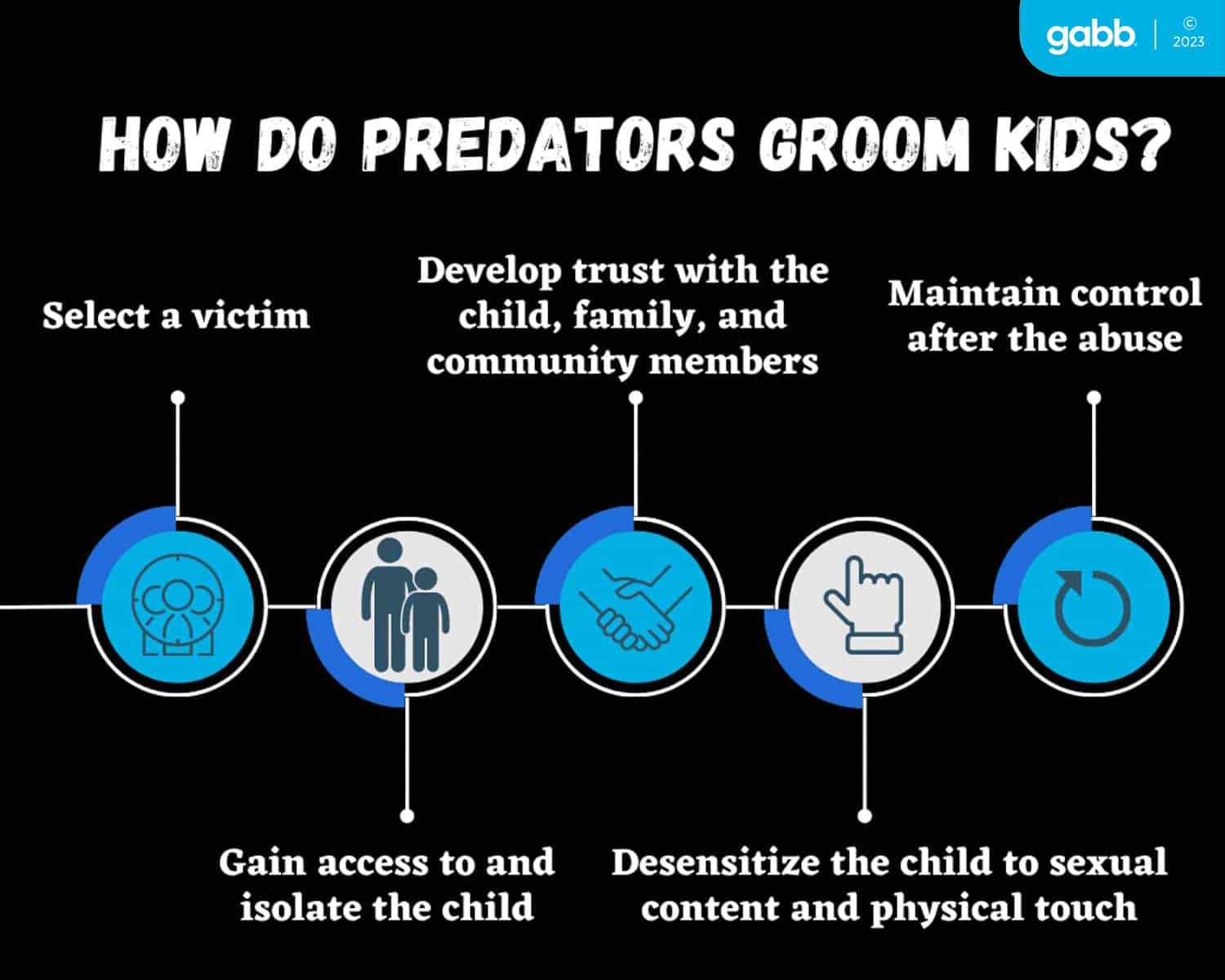
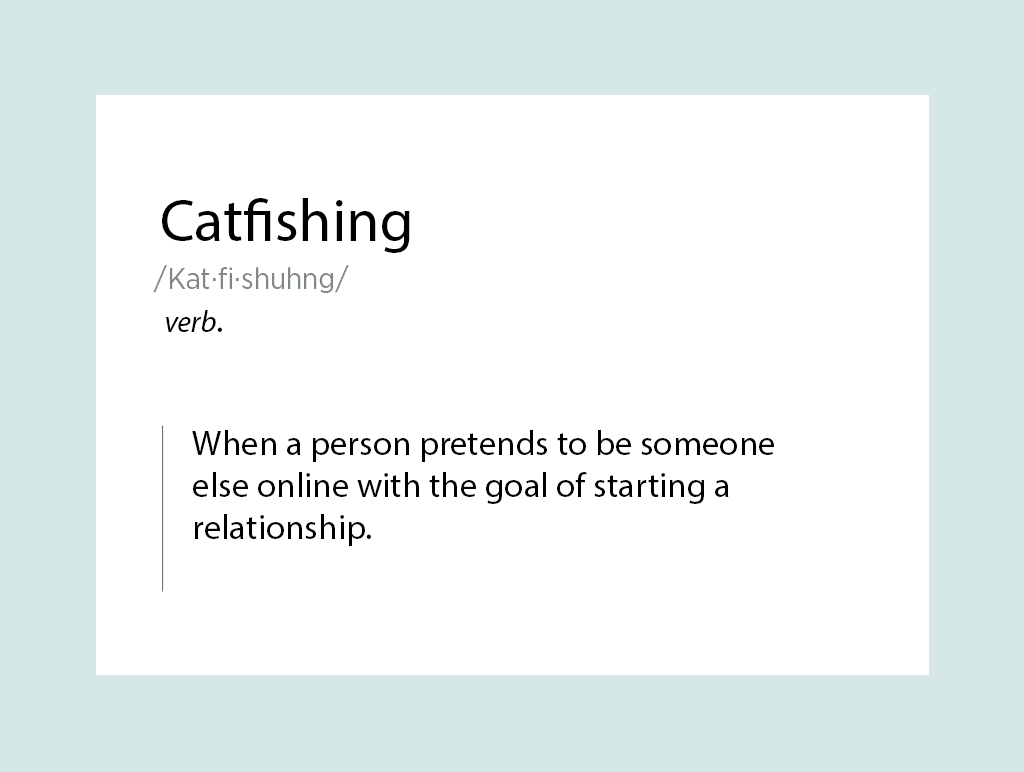
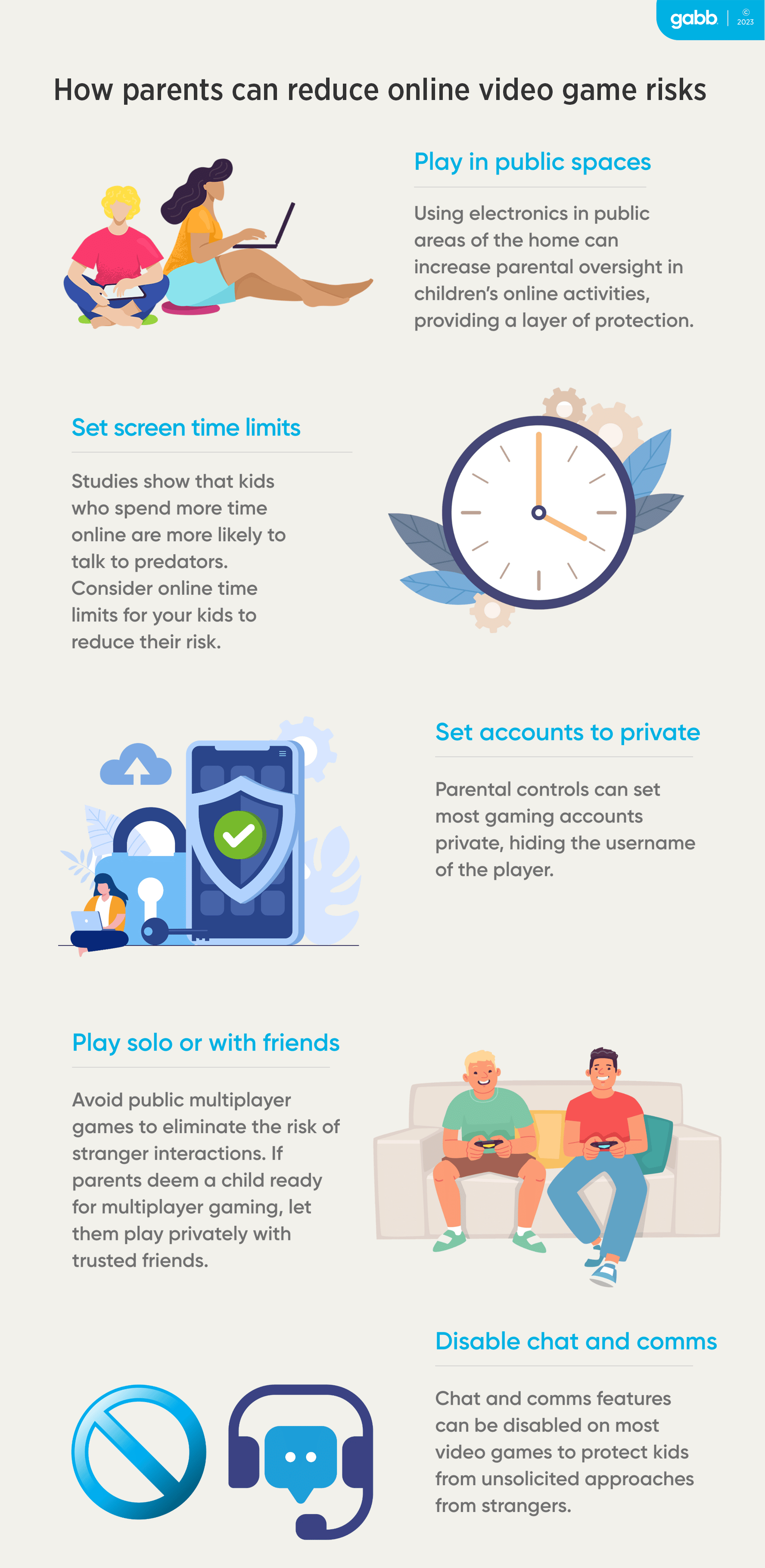

Success!
Your comment has been submitted for review! We will notify you when it has been approved and posted!
Thank you!